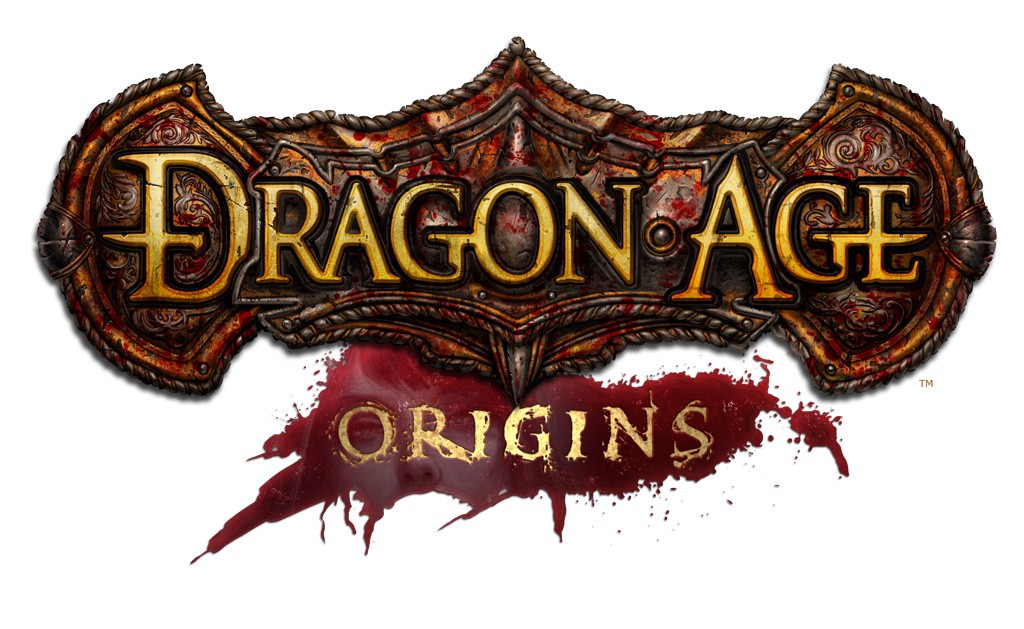Having recently conquered Dragon Age after a period in which there was much uncertainty as to whether I would be able to accomplish this feat at all, I’m finding it difficult to compile my feelings on the subject.
Typically after completing the average game, and especially one of such length, I am simply bursting forth with opinions ready to enslave my unwilling fingers into inscribing them onto digital paper, lest they torment me from deep, dangerous recesses of my mind.
It would be inaccurate to say that I am at a loss for words with Dragon Age. It is simply that the words I am able to find require a notable amount of effort on my part to force them from their hiding places and, once found, they form a less coherent message than my typical instinctive reactions.
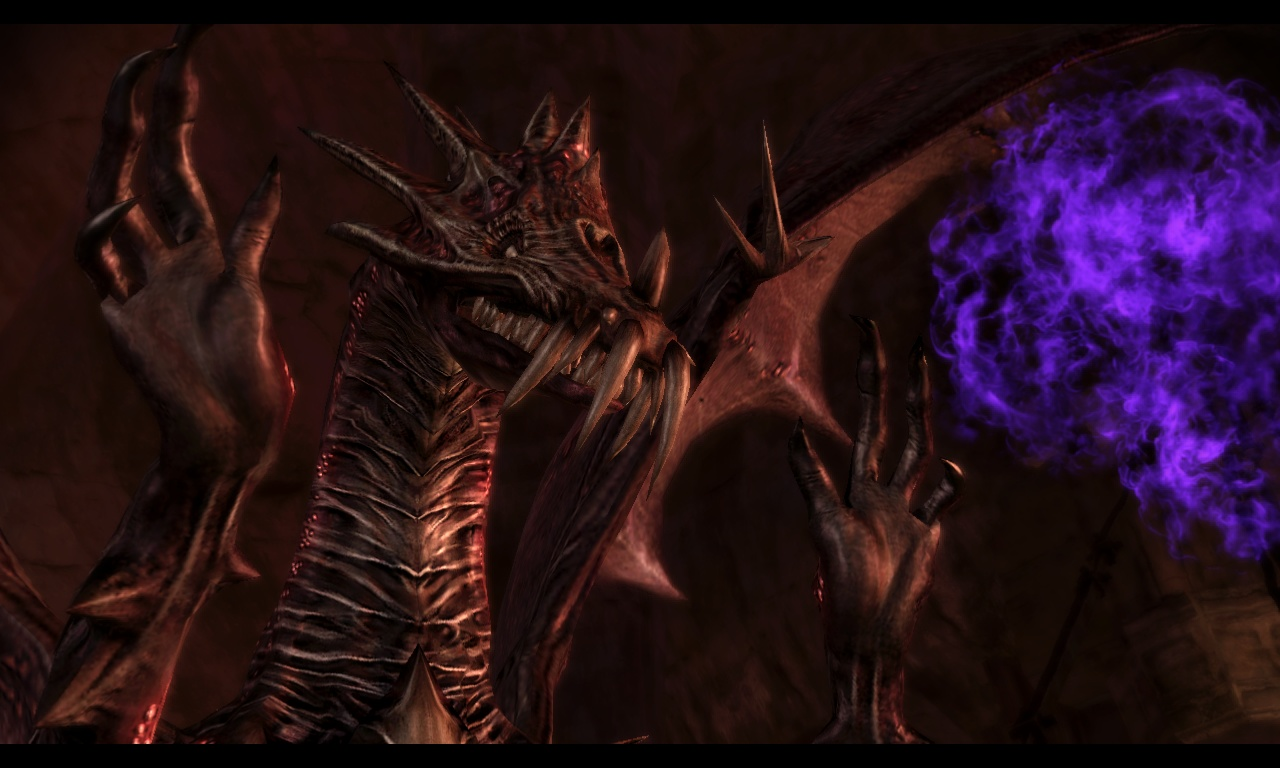
It took me a lot longer than is usual to come to the conclusion that I was ultimately happy with the way my Dragon Age journey ended. This result is still under careful analysis and many of the details are yet to be solidified, but I know that when I look back on my final moments with the game, I am happy. This is enough for now.
During my introspective moments looking back upon this epic adventure, I realized that I went through many of the same emotions that my character must have during her journey to the end.
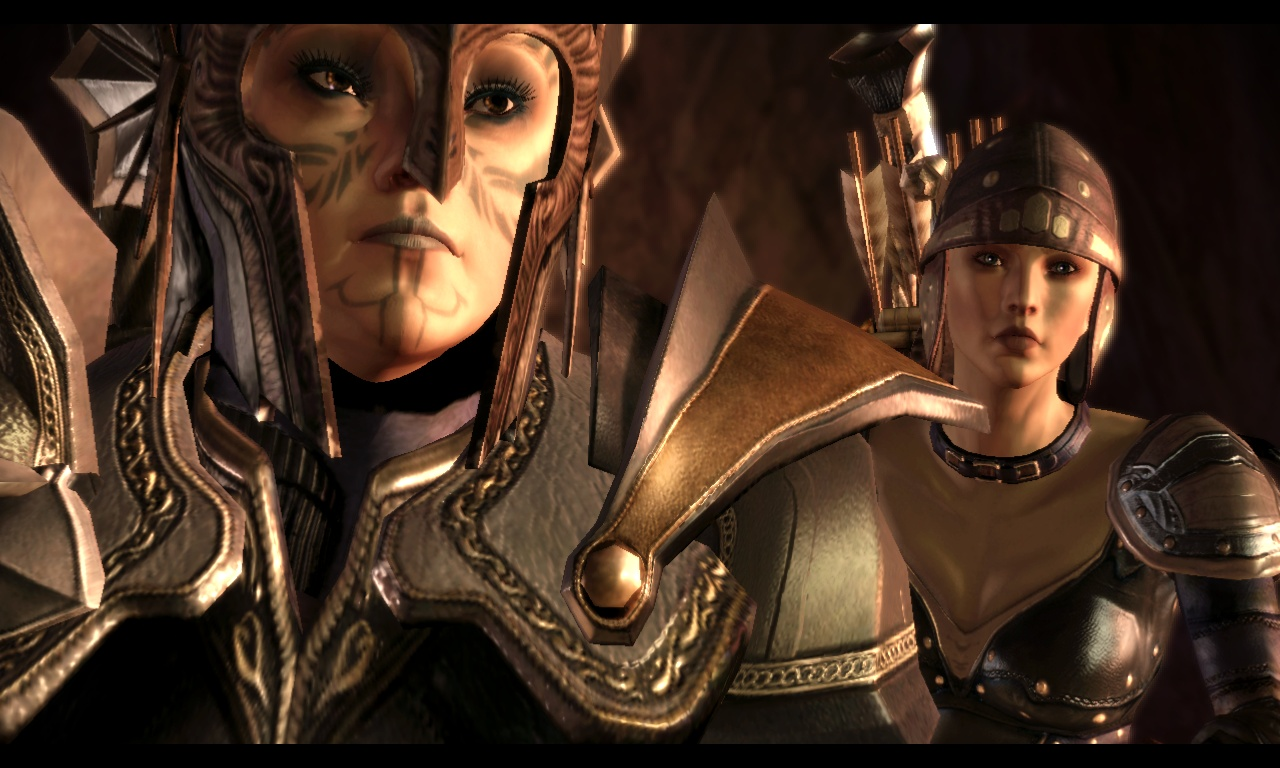
I was left uncertain as to whether the choices I had made would result in building a future that I was happy with. As I saw the sacrificial decision I was going to be forced to make looming in the disturbingly near future, I wondered whether it was going to be worth it; I didn’t want my character to die just like she, if real, wouldn’t have wanted to die herself. I selfishly wished that I wouldn’t have to make this sacrifice so that my own future could be happier. And ultimately, through a surprisingly organic series of dialog choices that set events into motion that I was not expecting, I wondered whether letting someone else take my place was the right thing to do or whether I had been cowardly.
This genuine roller coaster of real emotions I felt as I worked my way toward the conclusion of the game is itself indicative of just how powerful this game was for me. Sure my concerns were for my ultimate enjoyment of my game experience and my satisfaction with the story I had helped weave for myself, not my own life or the fate of the land, but, intentionally or no, Dragon Age had tricked me into a set of emotions that fit almost perfectly with my story experience.
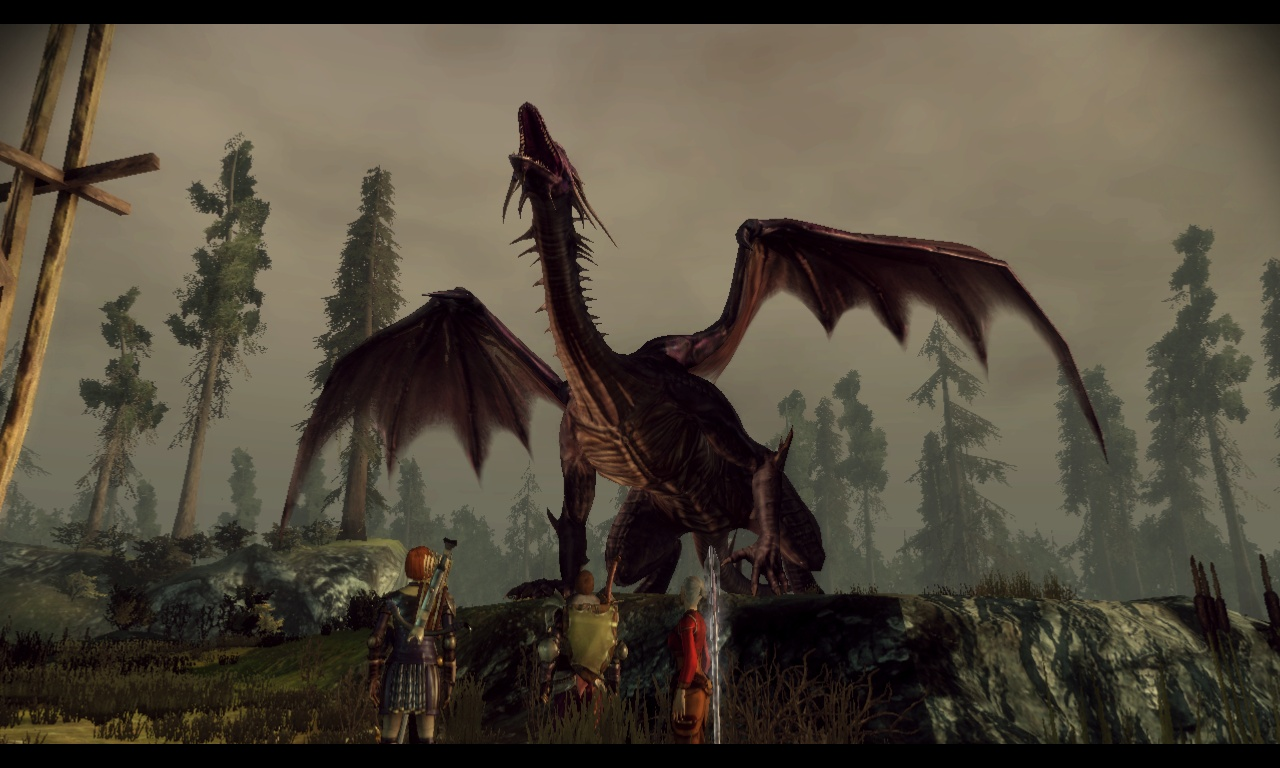
Fortunately I was able to accept this organic progression and be happy with the experience I ended up with. In fact, those points where my regard for the game may have fallen to their lowest points due to my concern about where things were heading ended up making the high points all the more impressive.
Dragon Age is a game far too long to sum up in one measly post. I can already feel the familiar torrent of words building up in my brain, begging to be released. It is taking a lot of my willpower to keep them at bay, but regardless of whether I can ever congeal my detailed thoughts into a coherent argument, it is not those details which are truly important.
This was absolutely not a game without fault. Clearly if it were I would not be having these troubles analyzing it. It is, however, a game that overcomes troublesome little details to provide an “experience”, something that is far grander than the little building blocks used to put it together. It is when you start looking too carefully at the blueprints that things start to get messy.
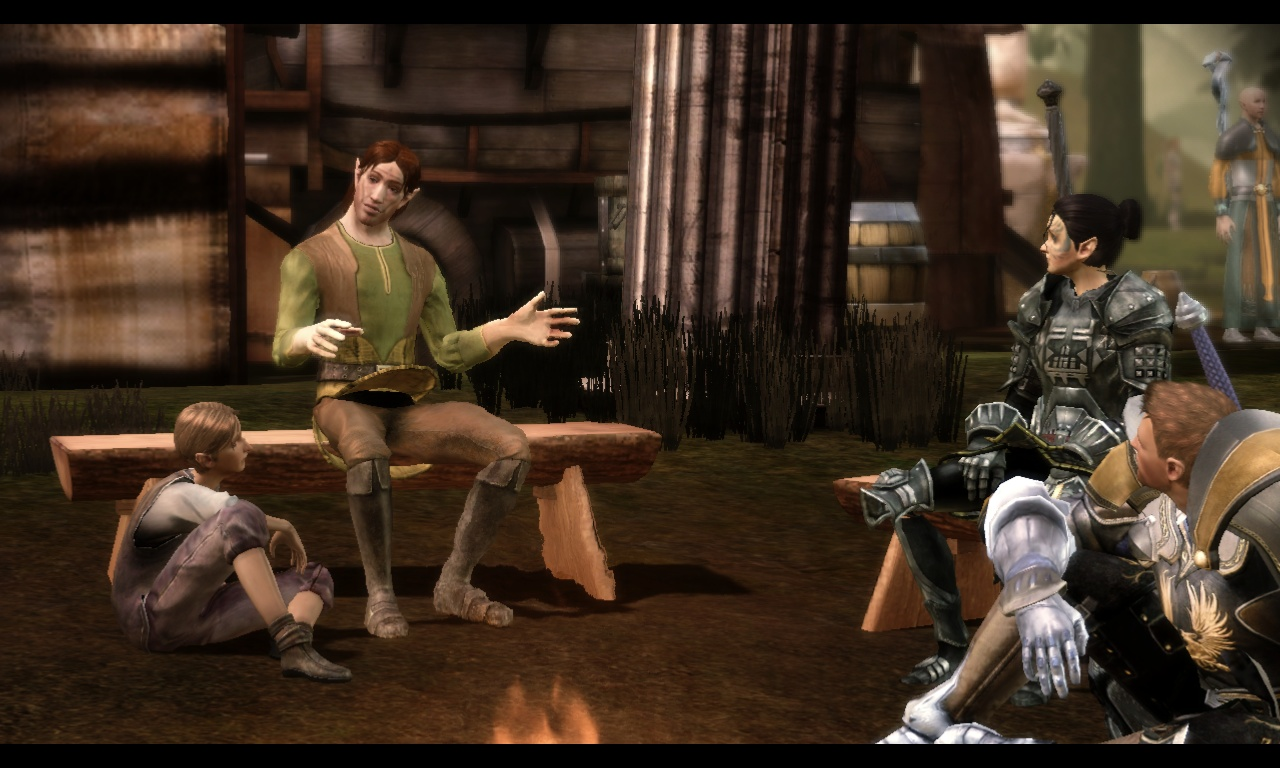
If you can pull yourself back a bit and examine it on an emotional level rather than a technical one, the real level on which stories ought to be examined but a luxury games are rarely afforded, you’ll find a game that weaves a compelling tale highly personalized to the individual that played it while managing to tie up nearly all of the loose ends that matter in a satisfying manner (with one distressingly major exception that I will refrain from discussing here for fear of diving into those pesky details I said I would avoid).
Few games manage to accomplish so much and I am glad that Dragon Age was able to prove itself worthy despite the heavy doubt I was throwing its way in my final hours with it.
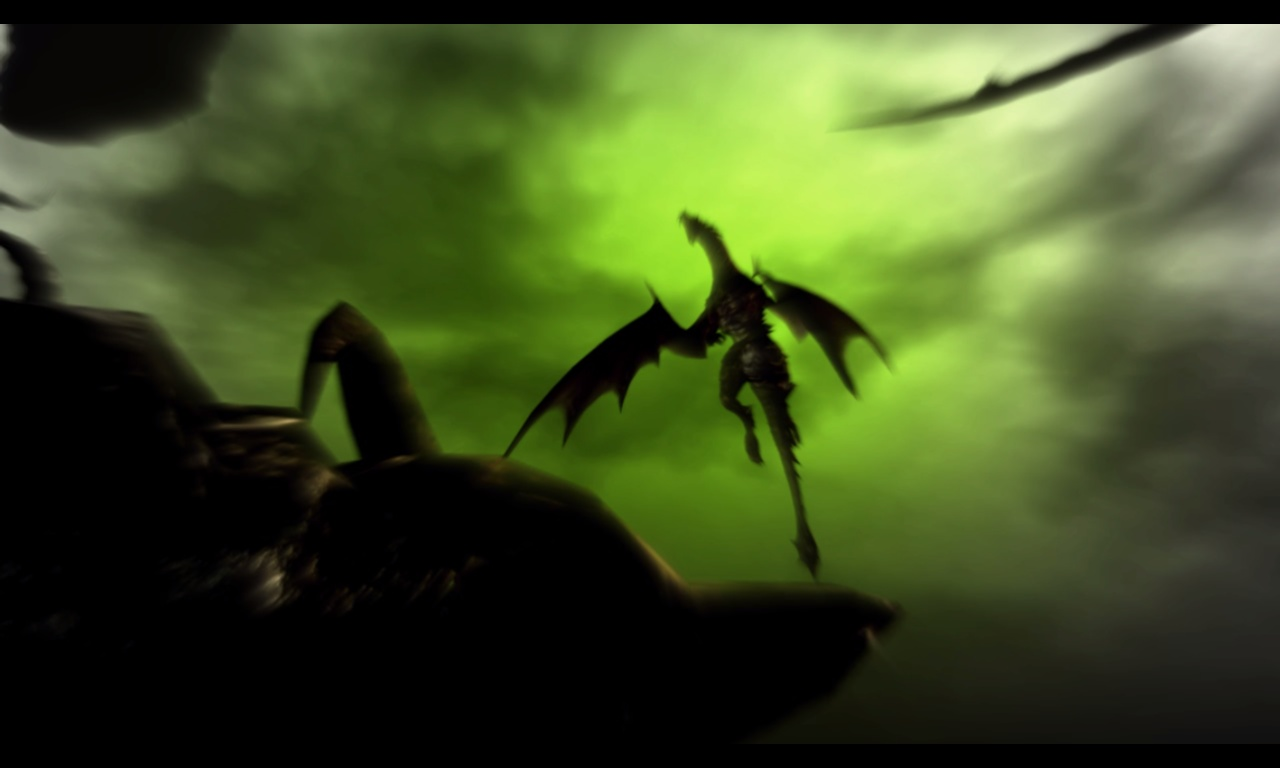
As to whether Mass Effect is better or not, well... that’s an entirely different can of worms. Seeing as how I’ll soon have finished both Mass Effect 1 and 2 within a few months of each other, I’m sure I’ll be opening it soon enough.
I can’t wait.
 Thu, March 4, 2010 at 1:18 AM
Thu, March 4, 2010 at 1:18 AM 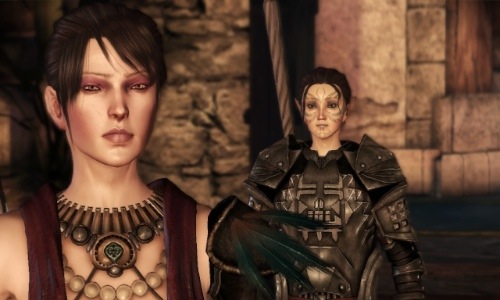 Dragon Age, with its supremely personalized nature and ability to role play to a surprising-yet-still-limited degree, is one example. This helps explain my roller coaster of emotions toward the end of the game: I actually cared about the character I was guiding there.
Dragon Age, with its supremely personalized nature and ability to role play to a surprising-yet-still-limited degree, is one example. This helps explain my roller coaster of emotions toward the end of the game: I actually cared about the character I was guiding there.







